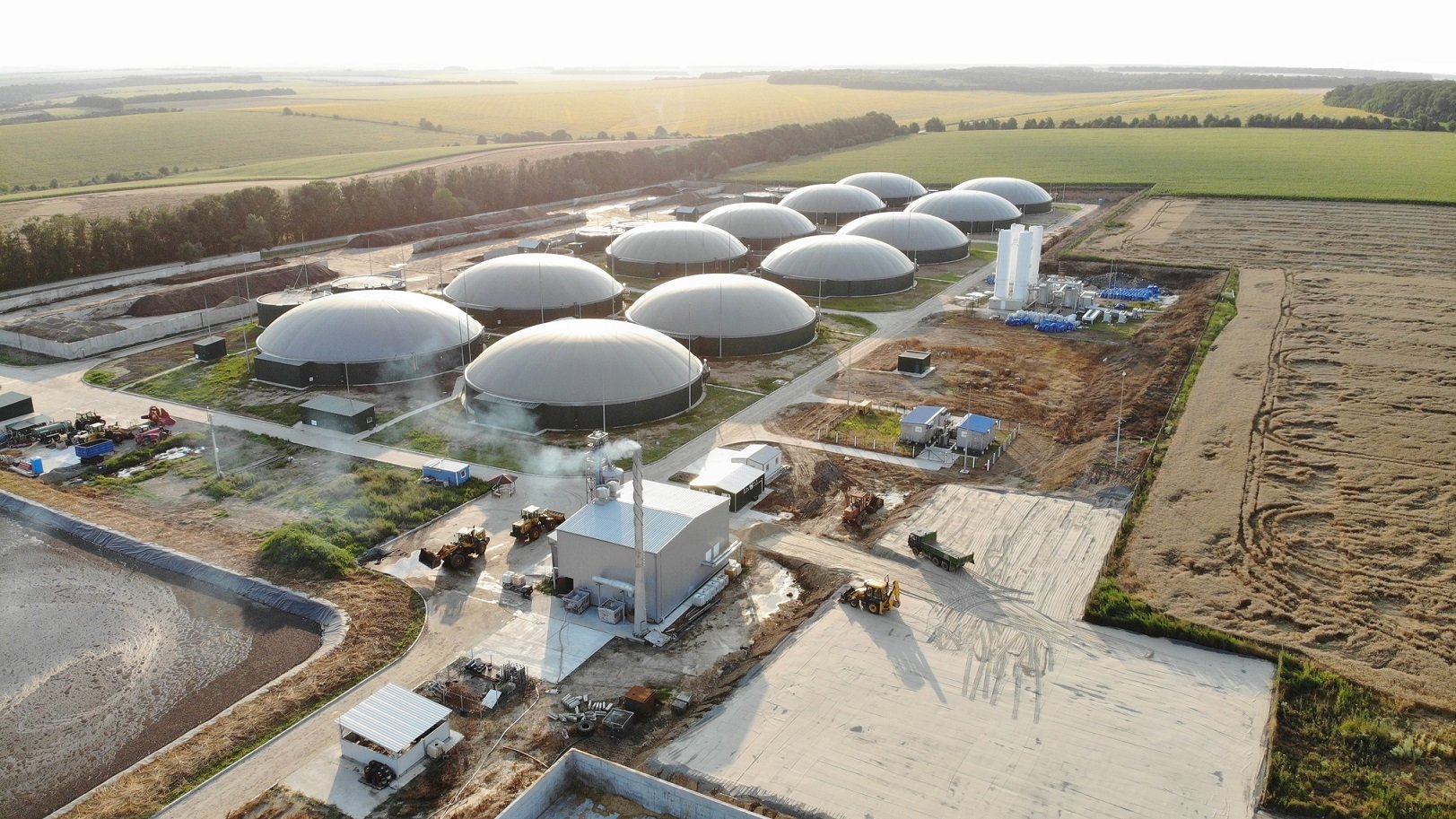The entry into the capital of the company specialized in biomethane, installed in the University of Valencia Science Park, will create a platform for growth in the emerging renewable gas industry, considered strategic by the European Union. The operation includes the development of 19 biomethane plants, with a total capacity of 1.5TWh per year, which will generate renewable gas from agricultural and livestock waste in Spain and Portugal. The biomethane produced will be used both for Repsol's internal consumption and for sale to customers
Repsol enters the biomethane market with an agreement to take a 40% stake in Genia Global Energy, a Valencian business group specializing in the renewable energy and energy efficiency sector, based at the University of Valencia Science Park (PCUV). This alliance allows the multi-energy company to add important human and technical capabilities to position itself early in this sector.
Biomethane is considered strategic by the European Union, which has set itself the ambition of increasing its production eightfold by 2030 compared to that recorded in 2022, in its RePower EU Plan program. The Spanish Gas Association (Sedigas) estimates that biomethane could account for almost half of Spain's natural gas consumption.
The agreement between Repsol and Genia Bioenergy includes 19 of its biomethane plants, which are in a state of development. In addition, there are 11 other plant projects in an early stage of development. Repsol will purchase all the gas produced by these projects, which will also form a unique platform for creating agro-industrial ecosystems capable of boosting local economies and offering solutions for the valorization of their waste.
The biogas and biomethane value chain
Genia Bioenergy is the only Spanish company that integrates the entire biogas and biomethane value chain, including the development of technologies and solutions and the engineering, construction and biological technical operation of projects. The company linked to the Parc applies technologies and innovation for the creation of new valorization models that allow the integration of all the actors in the waste production and management chain to obtain renewable gases and resources in the long term.
Biomethane is a renewable alternative to natural gas that originates from organic matter, such as agricultural and livestock waste. In addition to its use as a substitute for conventional gas, it has other industrial applications, such as the production of renewable fuels and green hydrogen or the manufacture of chemical products, with an associated reduction in greenhouse gases (GHG).
The biomethane industry, which is emerging in Spain and Portugal, contributes to solving the problem that organic waste currently represents for administrations, since it uses waste that would otherwise generate emissions into the atmosphere as it degrades in landfills. It also represents an opportunity to generate economic activity in rural areas.
“The development of biomethane plants advances Spain's goal of decarbonization of the economy, reduces its energy dependence on foreign countries and provides a sustainable response to European guidelines on waste management. It also means the creation of qualified jobs and the promotion of economic ecosystems around waste, especially in rural environments”, Gabriel Butler, CEO of Genia Bioenergy
Circular economy and industrial transformation strategy
For Repsol's General Manager of Industrial Transformation and Circular Economy, Juan Abascal, "this agreement is an important step forward in our strategy of taking advantage of material that would otherwise be waste and transforming it into fuels for the home, industry and mobility. Genia Bioenergy's experience, talent and assets will allow us to position ourselves as an integrated player in the entire biomethane value chain".
According to Gabriel Butler, CEO of Genia Bioenergy: "The development of biomethane plants advances Spain's goal of decarbonization of the economy, reduces its energy dependence on foreign countries and provides a sustainable response to European guidelines on waste management. It also means the creation of qualified jobs and the promotion of economic ecosystems around waste, especially in rural environments".
The alliance with Genia is part of Repsol's 2024-2027 strategy, which includes the transformation of its industrial complexes into multi-energy hubs capable of manufacturing products with a low carbon footprint. This strategy includes significant milestones such as the start-up in Cartagena of the first plant on the Iberian Peninsula dedicated exclusively to the production of renewable fuels, with a capacity of 250,000 tons per year. This facility will be joined by a similar one in Puertollano which, when it comes into operation in 2025, will produce 200,000 tons per year.
News in the media
https://www.energias-renovables.com/bioenergia/repsol-compra-el-40-de-genia-bioenergy-20240410


